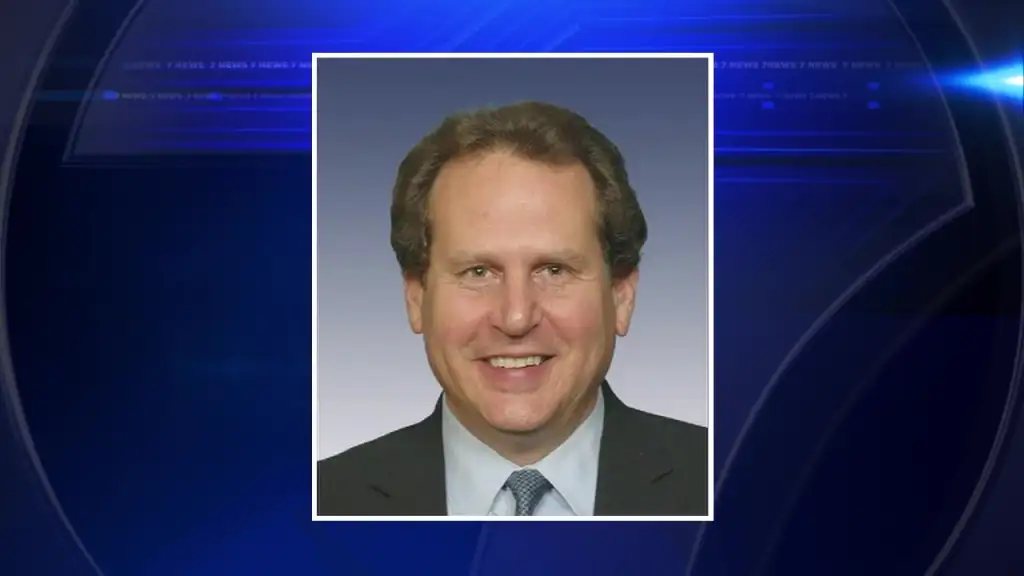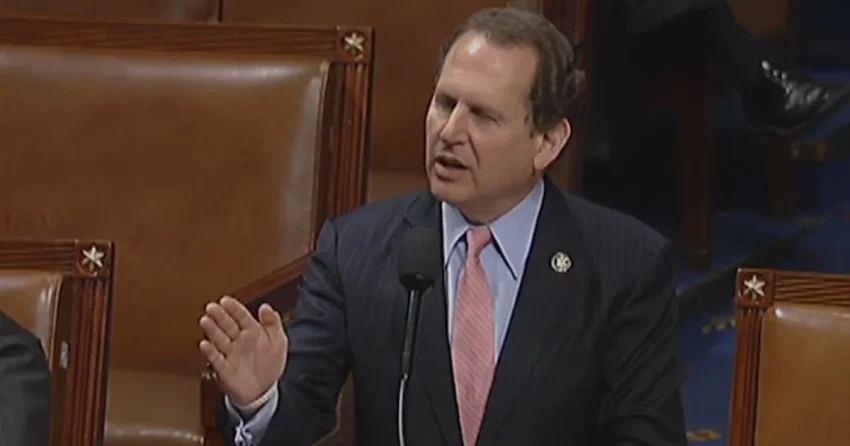Longtime Republican politician Lincoln Díaz-Balart, a well-known Cuban American who served as South Florida’s congressional representative for almost 20 years, passed away on Monday morning from cancer. He was seventy. His younger brothers, José Díaz-Balart, an anchor for NBC News and MSNBC, and Rep. Mario Díaz-Balart, R-Fla., announced his passing. José paid homage to Lincoln as he concluded his MSNBC program Monday, calling him “a defender of the silenced and the oppressed.” “He served others throughout his life in the most kind, efficient, and giving manner possible. And I will always be thankful to him for that and much more,” José remarked. “With deep sadness, we announce Lincoln Diaz-Balart’s passing,” the statement says. “Lincoln’s legacy of achievements will endure for generations.”

“Lincoln’s profound love for the United States, and his relentless commitment to the cause of a free Cuba, guided him throughout his life and his 24 years in elected public service, including 18 years in the U.S. House of Representatives,” according to the statement. “He will always be missed.” Lincoln was born in Havana in 1954, and following Fidel Castro’s 1959 Cuban Revolution, he and his family left Cuba. Prior to Castro, Rafael, Lincoln’s father, presided over the Cuban Senate under Fulgencio Batista. According to him, his father, grandfather, and uncle had previously served in the House of Representatives in Cuba prior to the revolution.
Lincoln finally became a lawyer after arriving in the United States and made Miami his home. His focus on the immigrant population, his resistance to the Cuban government, and his efforts to restore democracy there helped him stand out when he began his political career there. Lincoln spent 1986–1989 as a member of the Florida House of Representatives. He eventually won a seat in the state Senate, where he remained until 1992. He joined the House in 1993 and served as a member of the Foreign Affairs and Rules committees while representing South Florida until 2011. Mario, his brother, was a candidate to succeed him when he withdrew from Congress in 2011. Lincoln’s legislation included enacting the Nicaraguan Adjustment and Central American Relief Act, which provided deportation relief to thousands of immigrants who had fled poverty and violence in their home countries, and tightening the U.S. embargo on Cuba, which linked the lifting of sanctions to a democratic transition in Cuba.
“To promote Latino communities and “to build up the next generation of leaders,” said Rep. Tony Gonzales, R-Texas, chairman of the Congressional Hispanic Conference, Lincoln assisted in founding the GOP-sponsored Congressional Hispanic Conference and its nonprofit arm, the Congressional Hispanic Leadership Institute, in 2003.

